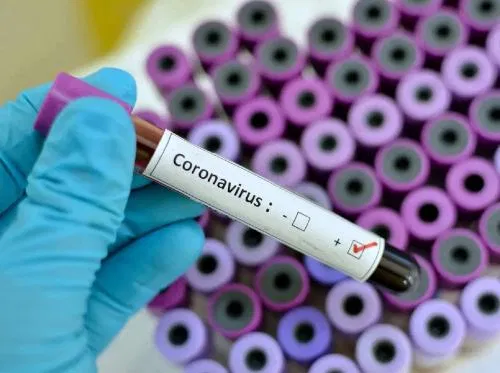Written By: Barr. Chuks Ezewuzie
Corona virus is currently a major health challenge causing serious headache to scientists and healthcare personnel across the globe. Thus, the World Health Organization, WHO, has declared the outbreak a global health emergency.
Corona is in the family of viruses, which contain strains that cause potentially deadly diseases in mammals and birds. WHO says an animal source like snake appears most likely to be the primary source of Corona virus. In humans, however, the disease is typically spread via airborne droplets of fluid produced by infected individuals. Some rare but notable strains can cause death in humans.
This Pandemic, which is ravaging the whole world, will, however, hit the disability community harder, unless and until necessary steps are taken to help and save that most vulnerable group. For instance, the World Health organization recommends “do not touch” as a measure to prevent contracting the highly contagious disease.
Unfortunately, “do not touch” is not for the blind and the visually impaired who must necessarily touch and be touched. The hand of the blind is their eye; they feel their way and touch the things around them.
WHO also recommends “social distancing” but this is not for persons on wheelchair. In the absence of motorized wheelchair, the physically challenged on the wheelchair must depend on the personal care attendant (PCA) to push the wheelchair. The blind and persons on Crutches will, of necessity, hold unto staircase hand rails for support or guide. For the deaf persons, they do not hear the announcements, radio Jingles or community alerts. These shortcomings pose serious challenges to the disable community this critical moment.
In the light of the above, it is recommended that the blind and all personal care attendants must, in addition to the frequent washing of hands, wear gloves. The sighted guides of the blind must, while wearing gloves and masks, allow the blind to hold unto the guide’s shoulder and avoid holding hands or dragging with a stick. The conventional practice of holding unto elbow is now discouraged because WHO advised people to cough on their elbow.
Further challenge for the blind is that they read Braille with their fingers and wearing glove will constitute a barrier to this process. Hence, volunteer readers are needed to bridge the gap. Volunteer readers must maintain six feet space between the reader and the blind. The blind are also encouraged to utilize the computer-based speech synthesizer for their reading, if and where available.
The personal care attendants, in addition to wearing gloves, must wear mask, only hold unto the wheelchair and avoid touching the person on the wheelchair. Family members of the Deaf persons must explain the announcements and jingles to the Deaf or call their attention to Office of the Governor on Disability Matter’s messages in sign language, which is currently circulating everywhere.
Members of the public must avoid touching the deaf as a way of communicating with them but should rather maintain eye contact with them. Deaf persons and sign language interpreters are advised to limit the frequency of touching their face when communicating or interpreting messages to the Deaf.
Families, offices and agencies should utilize the services of professional sign language interpreters employed by Governor Willie Obiano in Anambra state. These Sign language interpreters and protective gloves are available through the office of the Governor on Disability Matters for people who need them, courtesy of Governor Obiano, OGUGUA NDI OLUSI.
Interested Ndi Anambra may call or WhatsApp the office of the Governor on Disability Matters on 090-364-127-91. Please share their pain, not the viru; give them hope and help them live.





Comments are closed for this post.